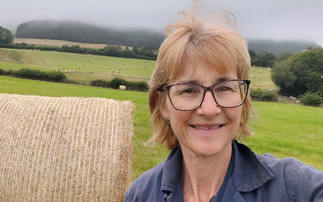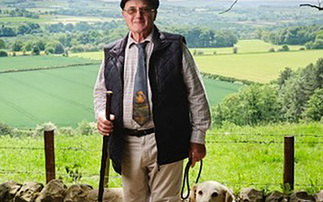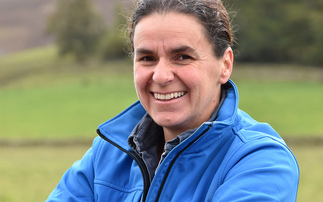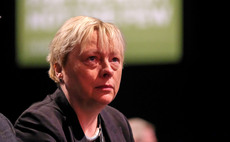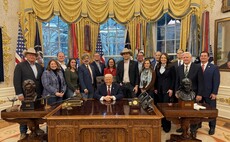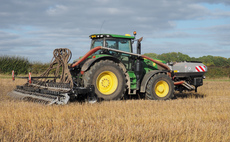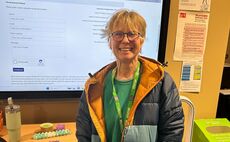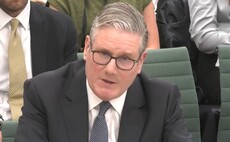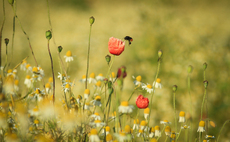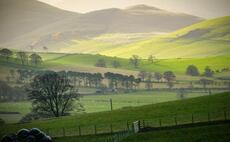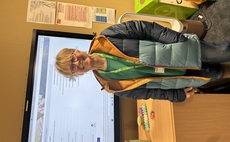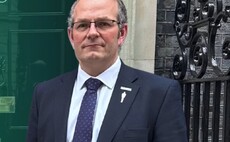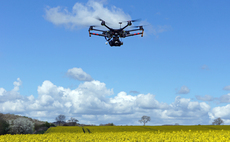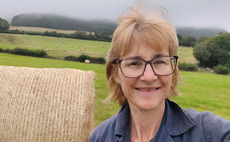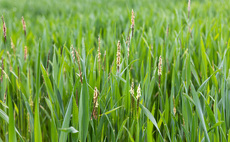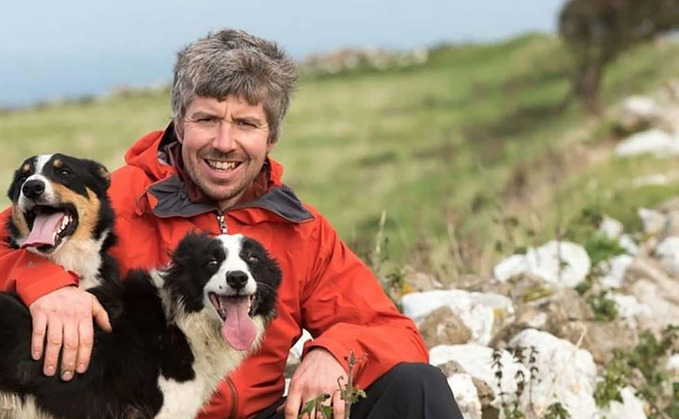
It was a fantastic week in a buzzing Llanelwedd. Despite the mixed weather, 240,000 visitors enjoyed four days of celebrating and showcasing the best of Welsh agriculture.
It is always a busy week; supporting friends and family in the show rings and produce stalls, meeting up with old colleagues and businesses, cheering on the shearers and catching a pint with the members. However, this year the most notable experiences for me were visiting agricultural university stands with my son and being invited to attend a discussion panel.
On the back of the recent BBC documentary Saving Our Wild Isles, which was presented by Sir David Attenborough, the National Trust, the Royal Society for the Protection of Birds and Worldwide Fund for Nature have come together to campaign for everyone to help halt the destruction of nature. I was honoured to be invited onto the ‘Farming for the future: Saving our Wild Isles' discussion panel.
There was much to talk about, with farming being at the centre. Following World War II, farmers were tasked to feed the nation and produce as much food from the land as possible; hedges were uprooted, fields extended, chemicals sprayed and production maximised. �������� are again being asked to change their farming systems, but this time to combat climate change.
There is huge expectation on what the land must achieve: food production, creating clean energy, capturing carbon, room for housing and a space for nature. Under the Sustainable Farming Scheme (SFS), the Welsh Government is proposing an additional 80 million trees by 2030, and they are relying on farmers to deliver this number for them.
Many farmers are feeling the pressure to deliver the unworkable. I farm an area which is 80 per cent Sites of Special Scientific Interest, coastal and windswept. The chances of me being able to successfully grow my share is unlikely. But this definitely does not mean that I am turning my back on nature; we are a nature-first farm. But it is clear that a one-size-fits-all approach will not work.
We have an opportunity to be a part of the climate crisis solution and SFS must work for all farms. This year, our time at the show had a new item on the agenda - visiting the agricultural college stands. Although only 15 years old, my son is already thinking about what he would like to do in the future, and studying agriculture is at the top of his list. I was quite envious of the range of courses and opportunities available to him.
Interestingly, a discussion which we keep coming back to is what kind of farming he would like to follow - like Dad with his conservation farm, or like Taid who has a ‘proper' farm. I am hopeful that the future of farming will see both conservation and intensive farming fusing together as the norm.
We need the Government to find a clear way for SFS, where all farmers can secure the future of British farming for future generations.��





